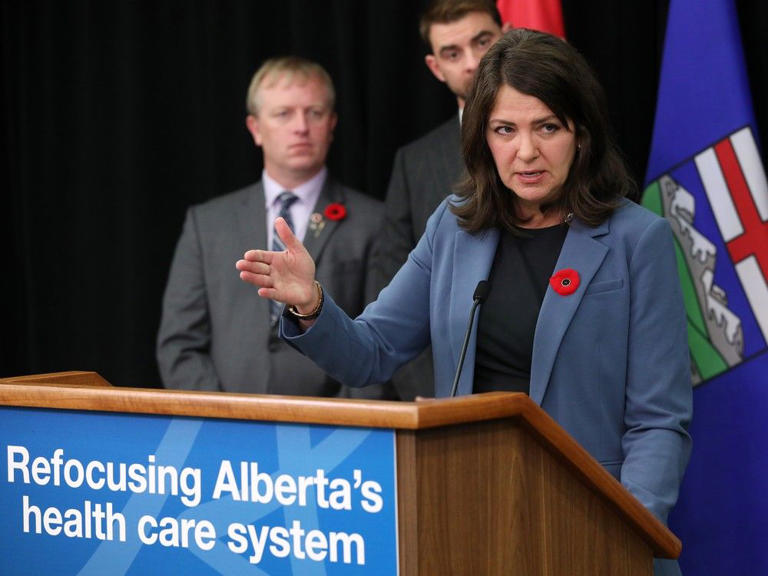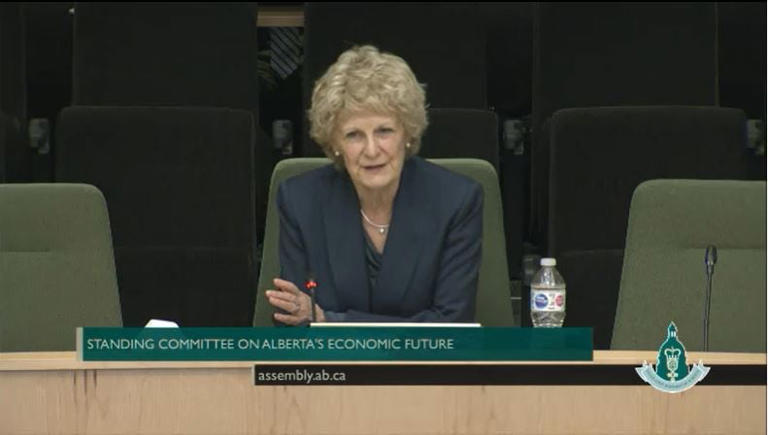The head of Alberta Building Trades Council is calling for calm over the deaths of two foreign workers at a Fort McMurray-area oilpatch worksite.Executive director Ron Harry called on workers and the public to wait until all investigations into the tragedy are complete before making any decisions.
"There are processes and policies on each site," said Harry.
"In the end a worker is a worker, no matter if he's union or non-union, an immigrant or non-immigrant. It's unfortunate but you must find out what caused the situation first."
He was responding to reports Doug Knight of the Alberta Union of Provincial Employees called on workers to walk off the job immediately if they fear the jobsite is not safe.
If there is immediate danger at the workplace you must remove yourself and your co-workers from it," said Harry, "then work with the employers and owners on site about the problem, don't just walk off the job."The ABTC represents 50,000 unionized workers, 16 affiliate trade unions and 23 locals in Alberta. The two workers killed were not union members.
Harry said that the last thing he wants to see are massive groups of workers walking off the job sites without first going through the workplace safety steps.
The two men died while working at the Canadian Natural Resources Ltd site in the Fort MacKay area, near Fort McMurray. Witnesses said that a massive tank collapsed and killed the two temporary Chinese workers and injured four more.
Fiona Wiseman, spokesman for Occupation Health and Safety, said that four investigators from Alberta Employment, Immigration and Industry are already at the site.
A government translator who speaks Mandarin, the same language the two dead men spoke, is also on the scene. Wiseman said that no details will be released until the investigation is completed. In 2006, 124 people died on the job in Alberta. The death toll reached 27 in the first two months of 2007.
See:
Day of Mourning
Labour Shortage = Union Busting
Find blog posts, photos, events and more off-site about:
workers, injuries, assault, crime, work, labour, labor, government, public sector workers, service workers, Canada, job, dangers on the job, assault, crime, unions, working alone, CLAC, unions, labour shortage, Monte Solberg, Canada, Alberta, tarsands, oilsands, labour, labor, work, jobs, IBEW, Merit Contractors, non-union, rat unions, yellow dog union, temporary workers
Tags
working alone
labour
labor
work kills
worker safety
health and safety
crime
Canada
Quebec















